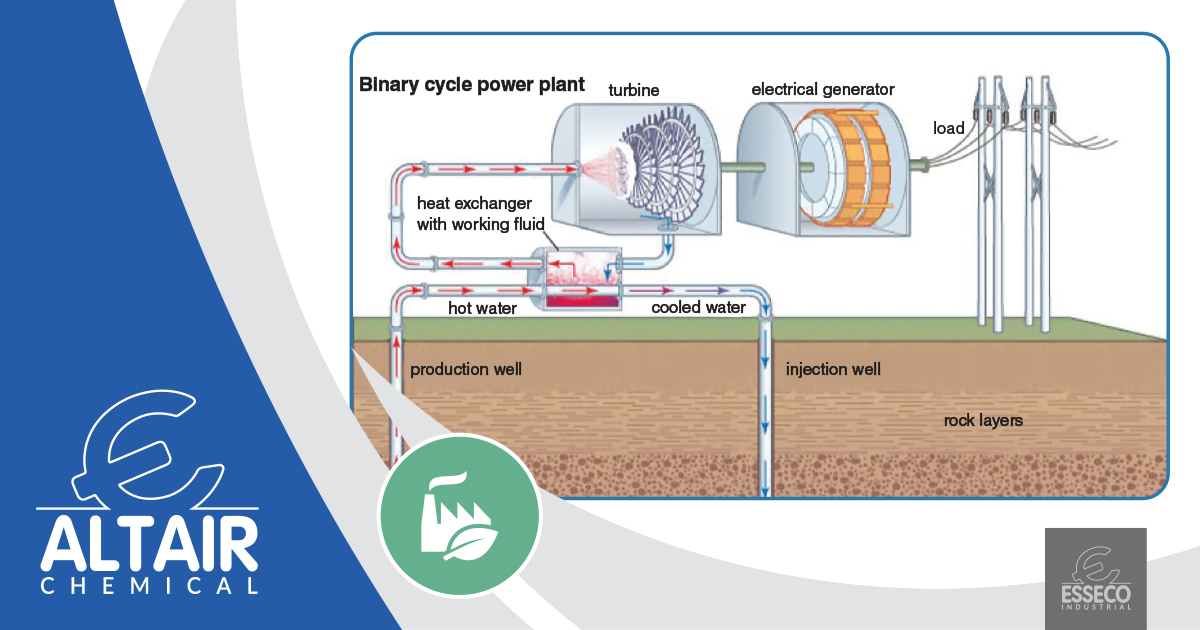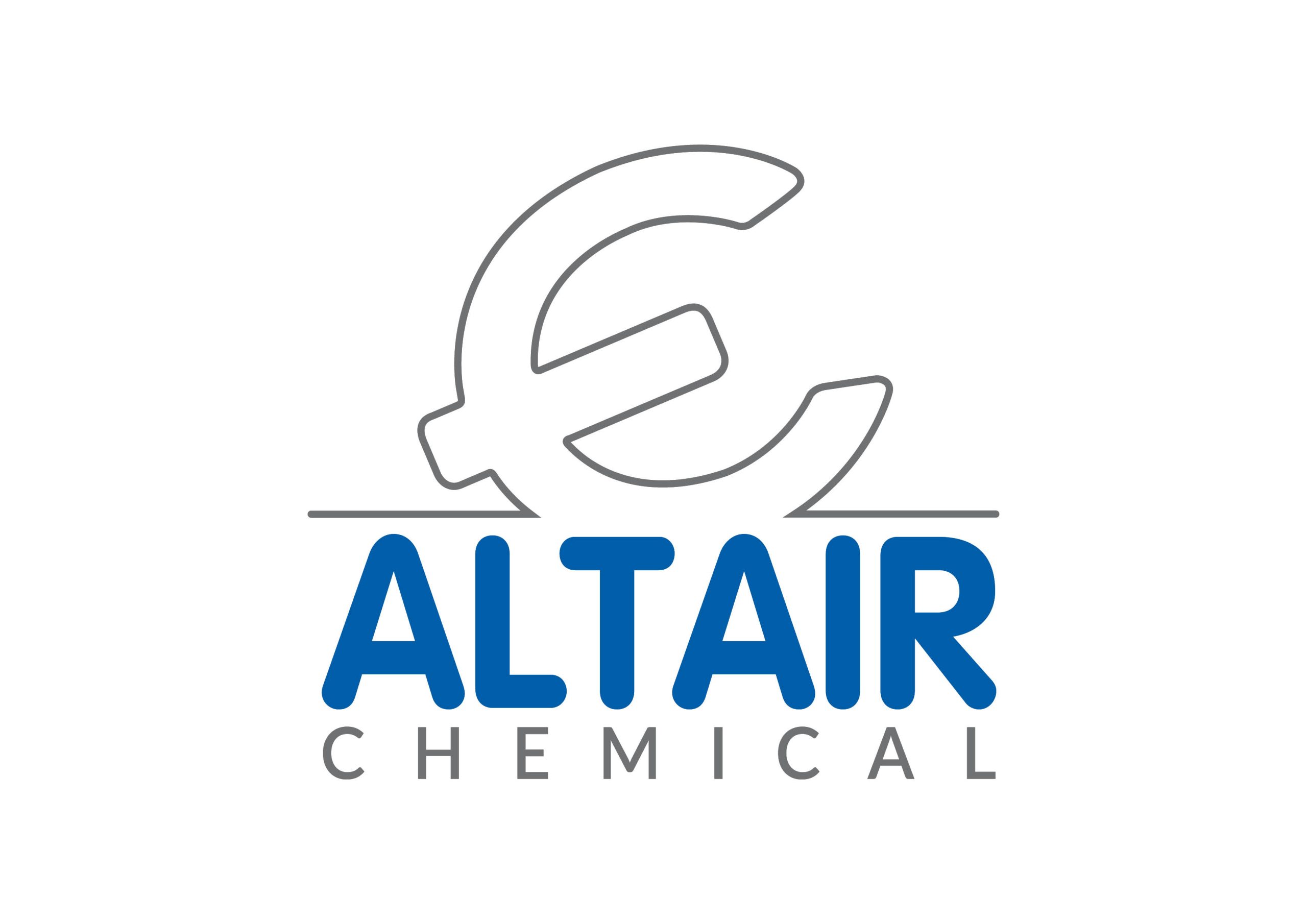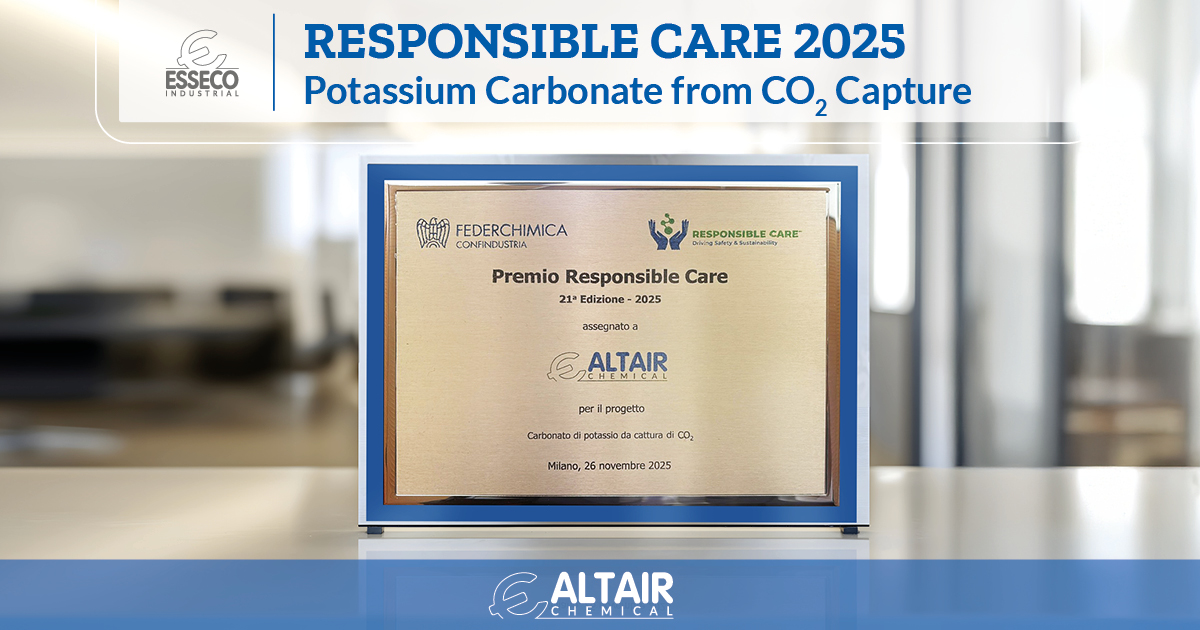At its IV Quarterly Meeting 2025, Esseco Industrial took stock of a challenging year for…

Pisa, October 1st – The announced development of geothermal energy in Tuscany, with the construction of eight new plants for an increase in power production of over 900 megawatts, must be accompanied by true synergies between local businesses, energy players, and institutions that go beyond mere good intentions. These are essential prerequisites to ensure the future arrival of new companies and the retention of existing ones in Tuscany, generating distributed wealth for all and repopulating the area. Only by providing conditions for renewable energy at European tariffs can we develop an industrial production network that needs to meet decarbonization goals by 2050. This is the hope of Altair Chemical, whose production plant in Saline di Volterra (PI) is part of Esseco Industrial, a division of the Italian Esseco Group that offers products and services for the organic and inorganic chemical industry. This position was reiterated during a recent conference organized by the Lions Club Volterra with the participation of the Regional President, Eugenio Giani.
“As we have already stated several times, both publicly and in some institutional meetings,” says Roberto Vagheggi, General Manager of Esseco Industrial and CEO of Altair Chemical, “we are ready to put tens of millions of euros into play to invest or co-invest in an incremental geothermal plant to continue our decarbonization path. But, to date, the responses received from major energy players do not allow us to say that the discussion has been addressed properly. Energy-intensive companies like ours are strongly focusing on renewable sources,” adds Vagheggi, “right here in Tuscany, we established one of the first PPAs (Power Purchase Agreement) in 2021, a ten-year agreement for the supply of green energy at fixed prices for over 43,800 MWh annually. However, in our other plants, we have even exceeded 75% renewable energy use thanks to hydroelectric plants. Today in Saline, we are far from these percentages,” continues the CEO of Altair Chemical, a company with an annual turnover of around 300 million euros, “yet we have a geothermal resource available that works continuously, without interruption throughout the year. In a territory where there is no wind and the areas suitable for solar are few, geothermal is the only resource that meets the green conditions needed for any energy-intensive industry wanting to invest in these areas.”


